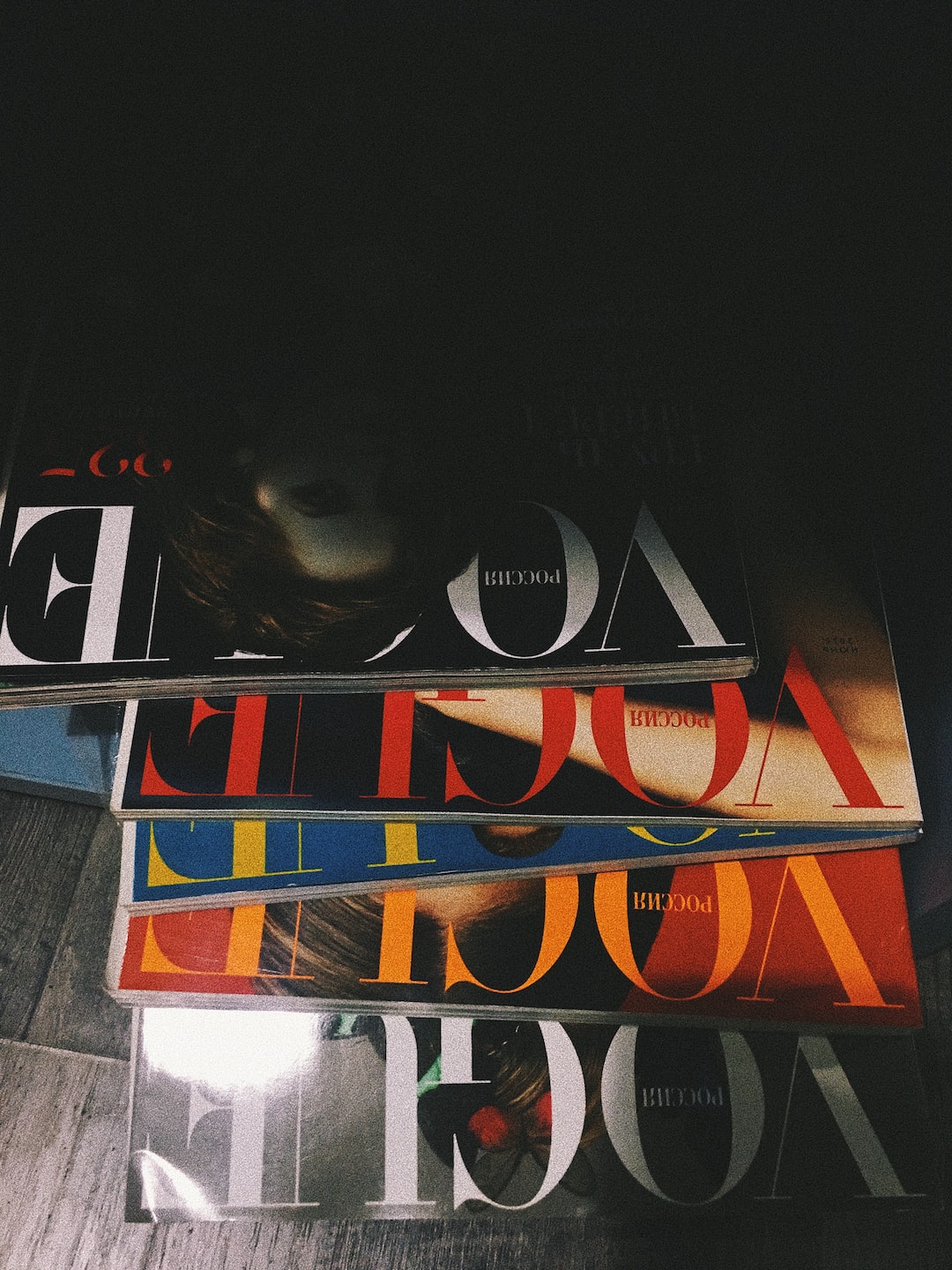The Rise of Gender-Neutral Fashion: Breaking Stereotypes
Fashion has long been considered a reflection of society’s norms and values. For years, it has been the domain of binary gender roles, with clothes designed exclusively for men or women. However, in recent years, there has been a noticeable change in the fashion industry, with the rise of gender-neutral fashion challenging traditional notions and breaking stereotypes.
Gender-neutral fashion represents a significant step towards inclusivity and acceptance. It emphasizes breaking away from the confinement of gender roles and embracing clothing choices as a form of self-expression, irrespective of one’s gender identity. This shift in perspective has sparked a movement that celebrates diversity and promotes a more inclusive society.
One of the driving forces behind this rise is the increase in visibility and acceptance of non-binary and genderqueer individuals. The fashion industry has recognized the importance of catering to this often-overlooked group and has stepped up to the task. By offering gender-neutral clothing, designers are enabling individuals to express their personal style without conforming to societal expectations.
The introduction of gender-neutral collections has not only challenged stereotypes but also blurred the boundaries between menswear and womenswear. In the past, fashion has been intensely compartmentalized, with strict guidelines on what is considered appropriate for each gender. However, gender-neutral fashion has disrupted this binary approach and opened up new possibilities for self-expression.
The rise of gender-neutral fashion has also coincided with a growing awareness and understanding of the LGBTQ+ community. Fashion brands have become more attuned to the needs and desires of this diverse group, recognizing that their customer base extends beyond traditional gender norms. By embracing gender-neutral fashion, brands are not only making a statement of acceptance but also tapping into a lucrative market.
Celebrities and influencers have played a significant role in normalizing gender-neutral fashion. Icons like Harry Styles and Jaden Smith have been photographed wearing dresses and other traditionally feminine pieces, challenging the status quo and encouraging others to do the same. Their fearlessness in embracing gender-neutral clothing has helped to change perceptions and inspire a new generation to express themselves authentically.
Furthermore, the rise of gender-neutral fashion has dispelled the myth that clothing is constricted by gender. By blurring the lines, fashion is becoming more fluid and versatile. It allows individuals to explore different styles and experiment with their outfits without fear of judgment or scrutiny. This newfound freedom is empowering and encourages individuals to embrace their uniqueness.
The change in perception regarding gender-neutral fashion is not just limited to clothing. The beauty industry has also witnessed a similar shift towards inclusivity and breaking stereotypes. The emergence of gender-neutral skincare and makeup brands has ensured that everyone feels represented and catered to, regardless of their gender identity.
However, the rise of gender-neutral fashion is not without its critics. Opponents argue that it erodes the distinctiveness between masculine and feminine aesthetics, diminishing the importance of identity. They fear that by blurring the lines between genders, society will lose its diversity and uniqueness.
While these concerns are valid, the rise of gender-neutral fashion should not be perceived as a threat but rather as an opportunity for growth and understanding. By embracing gender-neutral clothing, we can challenge traditional notions of beauty and allow everyone to express themselves authentically. It is not about erasing individuality but instead celebrating it in all its forms.
In conclusion, the rise of gender-neutral fashion represents a significant shift in our society’s perceptions and acceptance of gender roles. By breaking stereotypes, it allows individuals to express themselves authentically without the confines of binary gender norms. This movement towards inclusivity and acceptance signifies a positive change in the fashion industry and ultimately contributes to a more inclusive and diverse society.

